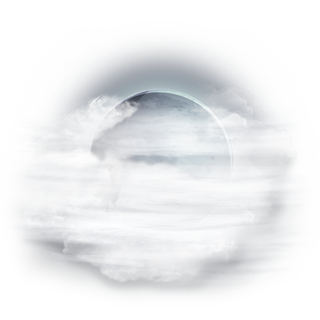
Explaining the purpose of her book, Klausen was joined by Professor Eileen McNamara (JOUR) and Professor Joseph E.B. Lumbard (NEJS) in a lecture and panel discussion in the International Lounge of the Usdan Student Center on Tuesday.
“I regarded this as a detective story, and I had to follow the leads,” Klausen said.
The series of blasphemous cartoons depicting the Muslim prophet Muhammad enraged some members of the Muslim community and eventually led to violence and riots that resulted in approximately 200 deaths.
“At the end of the day, what proved to be more important was interpretation, rather than what actually appeared,” Klausen said. “Newspapers became actors in this whole story because they too started reprinting [the] cartoons,” she said.
McNamara criticized the decision by Yale University Press not to reprint the cartoons in Klausen’s book.
“The irony that a university press would make the decision not to publish the cartoons that gave rise to the violence and the controversy that followed is anathema not just to the idea of academic freedom but to the specifics of this case,” McNamara said.
McNamara also said she believed the decision not to reprint the cartoons was due to fear of provoking further violence, but that she doubted that any violence would occur by reprinting the previously printed cartoons in an academic work.
“The professor’s book makes clear it isn’t the cartoons alone that were the provocation, it was the manipulation and use of those cartoons by interests in political parties,” McNamara said.
Klausen also explained her intention in the creation of the book. She aimed for her book to explore the factors that turned the cartoons into a global controversy.
“It was a twisted tale, but I hope that, nonetheless, using my book, it’s possible to have a reasonable discussion about what the problem actually was,” Klausen said.
McNamara argued that Klausen’s book examines the causes of an international problem from a scholarly perspective, and the cartoons analyzed in the book should have been reprinted in order to better understand the analysis.“What you can’t applaud is a decision to let fear dictate a publishing decision,” McNamara said.
Chairman of the Islamic and Middle Eastern Studies Program Professor Lumbard gave the reasons behind the violent response to the cartoons.
“We all know that satire is not an innocent game,” Lumbard said. “All of us have lines that we believe should not be crossed.”
Lumbard focused on the typical misunderstanding by non-Muslims of the significance of Muhammad.
“As Professor Klausen’s book demonstrates, almost none of the players in this unfortunate affair can be exonerated,” he said.
“But rather than seeking to understand one another and find a common ground, they allowed the affair to spin out of control in an endless cycle of incrimination,” Lumbard said.
“The vast majority of Westerners are unable to understand that insulting the prophet is for many Muslims, the greatest of insults,” Lumbard said.
Lumbard also explained that one of the principles of Islam is advice from the Prophet to never act in anger.
“My hope is that Professor Klausen’s work can be some small step towards moving us towards an actual dialogue,” Lumbard said.


